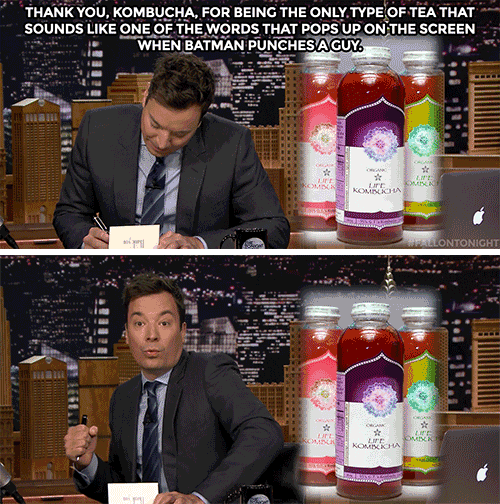🌱💬 Herb.Chat is a monthly herby/foody/flowery advice column (sometimes written, sometimes video, sometimes audio) for paid subscribers of The Dirt newsletter.
Paid subscribers are welcome to leave comments at the bottom and 🌈 submit your anonymous questions for future months.
You've Entered the {🌱💬 Herb.}Chat.
🦠 cute.buggz.in.bottl3s:
Q: How can I tell if my probiotic is working? What are the best types of probiotic to take? And are there situations when probiotics are a bad idea?
🌱herb.chat:
What a frickin — Ka-POW — question! Love it.
Before I get into it, I want to give a bit of a background on probiotics for those of you that may not be in-the-know on these beneficial bugs. 🪲
Probiotics: Animal, Vegetable, or Mineral? 🐿️🥕💎
Okay — so they are not technically any of the above…
So, what are they?
Probiotics are super helpful, beneficial bugs (aka bacteria) that aid in digestive food breakdown. They also prevent harmful buggers, like viruses, bad bacteria, or fungi, from building up in the gut and causing all manner of destruction.
"There are more bacteria in your intestinal tract than there are cells in your body."
- words of Sajah Popham, School of Evolutionary Herbalism instructor (my teach)
Probiotics can:
Increase healthy bacteria in the small and large intestine
Strengthen intestinal tight junctions (aka no more leaky gut)
Increase digestive mucosal secretions (so you can break down and absorb your nutrients)
Produce protective nutrients, like the amino acids arginine and glutamine, and short-chain fatty acids
Reduce gut inflammation (less bloat — hurray!)
Support a balanced immune response in your intestines
And so much more
Probiotics in the Wild: Food Sources
We get probiotics through eating fermented foods, like yogurt, kefir, kombucha, and sauerkraut. I will not talk about that too much here because we are going to focus on supplement probiotics, but here is a cool chart that gives some equivalencies to probiotic supplements:
Keep reading with a 7-day free trial
Subscribe to The Dirt 🍄 to keep reading this post and get 7 days of free access to the full post archives.



